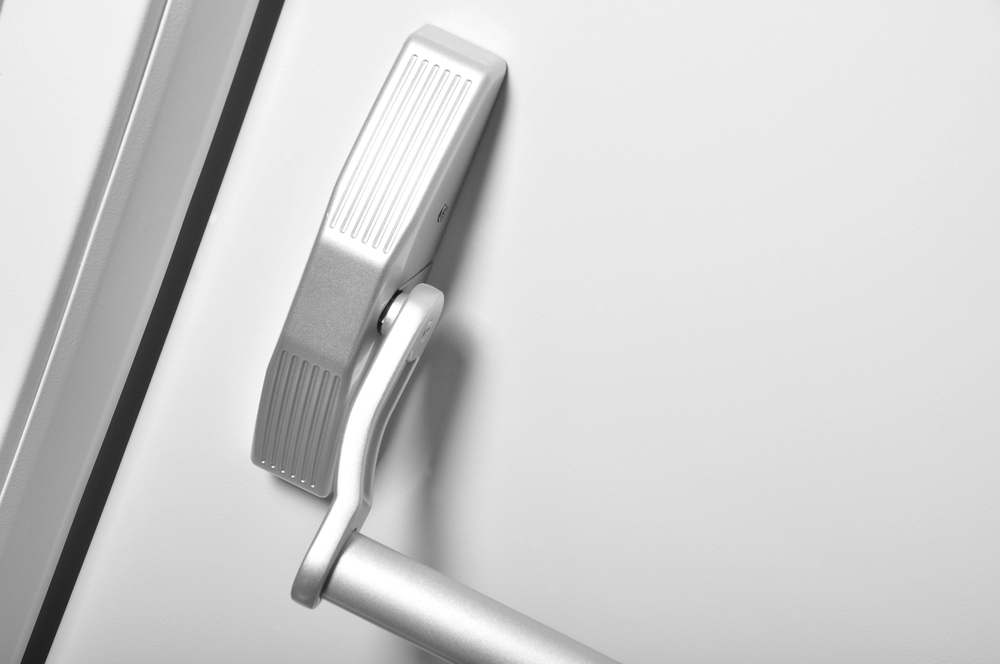By Greg Battersby
CEO, ProBatter Sports
We live in a “now” world, with 24-hour cable news channels, Twitter, Instagram and other social media all expressing the immediacy of the moment. It is a reflection of the seemingly universal condition of “pop-up brain,” in which our collective attention spans have become shorter and shorter. As a result, we demand instant gratification and results in almost everything we do. Otherwise, we simply swipe left.
Unfortunately, this currently popular approach to life isn’t ideal for building a business. Creating a company that will hopefully be around for decades doesn’t happen overnight. It requires patience, staying power and the ability to change to meet the moment. The old adage “It’s a marathon, not a sprint” best describes the attitude necessary to be successful.
Truth be told, the easiest part of launching a business is designing and developing a new product that can potentially revolutionize (or at least change) the marketplace. There are countless people out there who can identify a need and intellectually come up with a proposed solution that can be turned into a commercial endeavor. Indeed, designing and creating such a product in the form of a prototype, is the first challenge that separates the dreamer from the businessperson.
If you’re fortunate enough to overcome that first hurdle, the second challenge is even more imposing — constructing a commercial version of that prototype that can be produced at a competitive price and, more importantly, is reliable.
If those challenges weren’t daunting enough, the final challenge could be the most difficult: convincing potential users that they should use your product versus the tried and true products they had employed for many years.
I started ProBatter Sports in the mid-90s, manufacturing and selling high-tech video pitching simulators for baseball, softball and cricket. We were the first company to employ a three-wheel pitch head that could throw any pitch that a pitcher could throw in a real game at any speed to any location. Combined with software we developed, we synced it up with the projected video image of an actual pitcher to simulate game-like conditions.
My youngest son, Adam, was the impetus for developing the product…and ultimately, the company. He was a terrific scholastic baseball player who had trouble hitting off-speed pitches, which is a common problem with young players. Adam was trained using a traditional Iron Mike at a batting cage where every pitch was the same type at the same speed to the same location. No wonder he found it difficult to hit in a game against real pitchers who reveled in throwing different pitches at varying speeds and constantly moving the ball around.
While consumers may be enamored with “new and shiny” products, actually getting them to pay money for your new creation can be a nearly insurmountable task, particularly when it costs significantly more than existing solutions. Moreover, there is often a mindset to overcome, typically rooted in decades of doing things a certain way. In some instances, asking a customer to change from what they are used to doing can be difficult, irrespective of any existing limitations.
For example, while we were developing the first ProBatter simulator, we were told it took Major League Baseball 20 years to adopt the use of radar guns to measure pitch speed. We couldn’t believe it until we noticed one prominent pitching coach using a stopwatch to measure pitch speed! Don’t ask me why he was doing it, let alone how he was getting anything close to usable results.
“Rome was not built in a day” is a truism that certainly applied to ProBatter, but fortunately, our product was initially well-received by consumers. Still, initial reception is simply one step in building a business. Creating the infrastructure to manufacture and sell your gotta-have, new product is the real challenge and it’s not for the faint of heart. You will face challenges at every turn and they will drain you of every last ounce of your time, money and patience.
The initial euphoria you experience with a successful launch will be countered by the daily struggle of developing a company to manufacture and sell your product. Along the way, you will also learn some hard lessons about personnel. Carve it in stone — the people you are sure will be superstars will frequently disappoint you.
Developing a sales team was perhaps the most daunting. One of the dumbest things I ever did was to believe that we could take baseball players and make them salespeople. WRONG. Good salespeople have a specific skill set not typically found in most baseball players — certainly not the ones with whom we worked. The problem was compounded by our inability to weed out the good from the bad in the interview process, since the one skill set that every salesperson has is the ability to sell themselves. Subsequently, a colleague advised me that the best way to consider sales personnel is to look at their track record. Past success usually translates to future success. Similarly, prior failures are typically repeated.
My day job is as an intellectual property lawyer. I’ve come to recognize that there are three absolutes in life — death, taxes and successful products will be knocked off. We certainly experienced more than our share of the latter. Despite securing more than a dozen patents for our simulator, we’ve still had competitors nipping at our heels. One in particular has dogged us persistently, leading to protracted and expensive litigation. Despite our winning at every stage, the infringer has persisted. When the case finally ends (after almost 20 years of litigation), both sides will have collectively spent far more in legal fees than the case was worth. That’s a potential problem every startup company faces because existing companies can intentionally mire you in litigation and legal fees until you are forced to finally give up. That’s a sad commentary about our patent and legal system.
For all the headaches, there is still one positive aspect of competition, however. Being pushed in this manner makes one more resilient and forces you to keep up with the competition. Over the years, we’ve redesigned our product line no less than four times. The net result has been the reduction of manufacturing costs by 80 percent — while adding more features — and being able to pass the savings along to our customers. This is one area where it has been a win-win for everybody.
As you move forward with building your company, every day will be a challenge. Some of the tribulations will be of your own making, while others will be out of your control. Who could have predicted the Great Recession of 2008-2009? Or the COVID pandemic and its resultant supply chain problems? We saw suppliers we relied on for critical components go out of business and had to learn how to source products from China. Thank you, Alibaba! Similarly, who could have anticipated that our customers would have to either shut their doors or cancel their seasons?
Ultimately, it’s all about resilience and having an underlying belief in your company and its products. As the world changes, so do successful businesses. We recently changed our model by partnering with one of the largest electromechanical manufacturers in the world, Foxconn, to manufacture our product, along with a team of skilled professionals in sales, marketing, public relations and sponsorship to help grow our business.
For all the pain involved in starting and growing your business, the feelings of accomplishment in realizing one’s dreams are second to none. I think of the line uttered by manager Jimmy Duggan (Tom Hanks) in A League of Their Own: “It’s supposed to be hard. If it wasn’t hard, everyone would do it. The hard… is what makes it great.” For me, the biggest reward is watching my son Adam — the same kid who struggled with off-speed pitches — grow into a successful businessman and manager running ProBatter Sports. It’s been a long journey, but one that has been well worth taking.
Find a Home-Based Business to Start-Up >>> Hundreds of Business Listings.















































